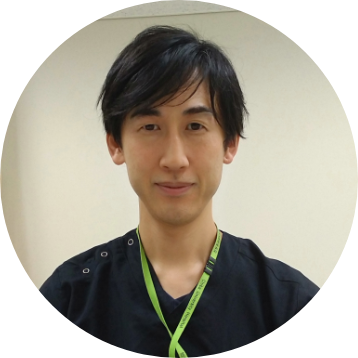Technology
Company
IR


Treatment policies (i.e., whether endoscopic excision is feasible or surgery is required) for colorectal cancer differ with its invasive depth (the depth at which the cancer has penetrated the wall of the large intestine). Normally, invasive depth was diagnosed in a colorectal endoscopy exam through standard observations by an endoscopy specialist, in addition to devices like magnifying endoscopes, image enhancement endoscopes, and dye endoscopes. But not all medical facilities are equipped with magnifying or image enhancement endoscopes. Experience remained a prerequisite for accurate diagnosis.
Working with the Department of Gastroenterology, the Clinical Engineering Center of Chiba University Hospital, and the Department of Endoscopy of the Chiba Cancer Center, we’ve developed a computer-assisted diagnosis (CAD) system that enables diagnosis using only ordinary endoscope images (white light, unmagnified, without dye). This new CAD system has generated outstanding results with diagnostic accuracy of 90.3% in invasive-depth diagnoses of colorectal tumor morbidity.
By enabling accurate invasive-depth diagnosis of colorectal cancer even at facilities that lack sufficient magnifying endoscopes or other equipment or at facilities that lack endoscopic specialists, this CAD system will make it possible to offer patients optimal treatment choices. Potential clinical applications are expected to broaden with the collection and verification of numerous high-quality endoscopic images.
Partner voice
My name is Tomoaki Matsumura, and I work at the Department of Gastroenterology of Chiba University Hospital.
The incidence of colorectal cancer and associated death rates are rising in Japan and around the world and are expected to continue rising. Colorectal cancer has traditionally been regarded as requiring surgery, but recent advances in treatment technologies have made it possible to treat colorectal cancers that previously required surgery via radical dissection using an endoscope instead. This has made endoscopy diagnosis, which determines treatment policies, even more important. On inviting Morpho, a leading firm with remarkable technological capabilities in the field of AI, we took part in a joint development effort involving the Chiba Cancer Center and the Clinical Engineering Center in our own hospital to develop a new CAD system for invasive-depth diagnoses of colorectal cancer. Thanks to Morpho’s support, we were able to report the first results of the project in the journal of the American Society for Gastrointestinal Endoscopy (Tokunaga M et al., Gastrointest Endosc. 2020). I look forward to continuing to work with Morpho in the AI field to advance medicine in a more patient-friendly and less invasive direction.
